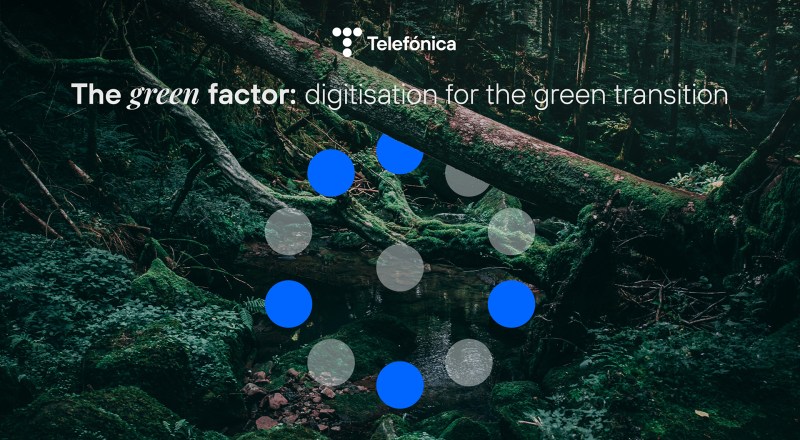We recognise the urgency of reducing CO₂ emissions and we strengthened our commitments to help limit global temperature increase to 1.5°C. We validated our net zero emissions target under the new Science Based Targets (SBTi) standard, going beyond the Paris Agreement. Our reduction targets are not only compatible with network expansion and service quality, but also help us to be more competitive.
Net zero emissions
Our Executive Committee approved the global goal of achieving net zero emissions by 2040 across the value chain. To achieve this, we are committed to reducing emissions by 90% and neutralising residual emissions through the purchase of carbon removal credits, preferably through nature-based solutions.
- INFOGRAPHICSShort, medium and long-term targetsPDF | 133 KB
Climate Action Plan
In our Climate Action Plan, we explain how we align our business model with the most ambitious scientific climate recommendations. In the Plan, we quantify GHG emissions, show our SBTi validated targets and define specific actions to achieve them, both for the company’s activities and for our collaboration with customers and suppliers.
With this Plan, the company’s fourth, which follows the Task Force on Climate-related Financial Disclosure (TCFD) recommendations, we are ahead of the various regulatory requirements.
The 2025 version refers to the new regulation with climate requirements and updates the data and performance up to 2024. Additionally, it describes the decarbonisation levers according to the status of key actions adopted and planned for the future, among other aspects. This roadmap strengthens the company’s resilience and unlocks opportunities in the transition to a low-carbon economy.
In nine years we have already reduced 52% of our GHG emissions (85% of Scopes 1 and 2 since 2015 and 31% for Scope 3 since 2016). And we will reduce our global operational emissions by 90% by 2030.
These are Telefónica’s strategic levers for the climate transition:

- Network transformation

- Energy efficiency and renewable energy
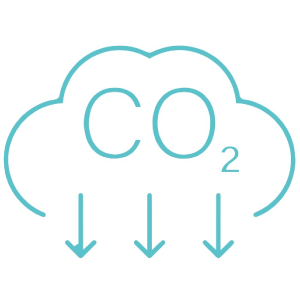
- Low carbon procurement

- Carbon offseting

- Decarbonisation of suppliers and customers

- Sustainable finance
All employees are involved: a part of our variable remuneration is linked to the reduction of emissions
Collective work
Knowing that collective work is key to aligning companies with the goals set out in the Paris Agreement, Telefónica shares best practices and actively collaborates with other trade associations in the telecommunications sector, such as Connect Europe, GSMA or JAC, in joint initiatives.
These collaborations aim to define the quantification of scope 3 emissions, establish ambitious reduction targets and drive climate action in the supply chain. In all of them, maintains active and constructive participation, to promote digitalisation as a key ally of the green transition.
- Trade associations in which Telefónica participates in Climate-related working groups (all aligned with the Paris Agreement):
Global movement
Aware of our responsibility to promote a global movement against climate change, we are part of the following initiatives:
- Our Business:
Business Ambition for 1.5ºC
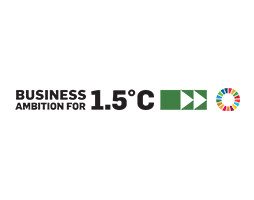
The Climate Pledge
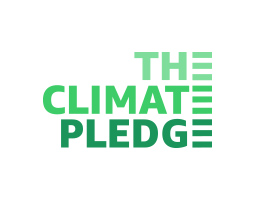
1t.org
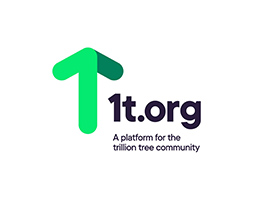
- Suppliers:
1.5°C Supply Chain Leaders
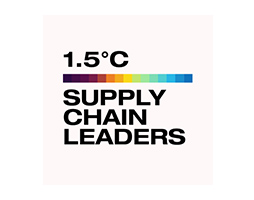
SME Climate Hub
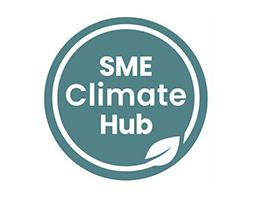
Energy Efficiency Programme
Our challenge is to keep electricity consumption stable despite the sharp increase in the digitalisation of society and the rising amount of data going through our telecommunications networks. The main savings are achieved by upgrading our network and shutting down old equipment. To this we add initiatives to reduce energy in off-peak periods and in cooling, lighting, power equipment, etc.
Renewable Energy Plan
Not only do we want to be 100% renewable, but as a large consumer of electricity, we also help countries to generate more clean energy. To achieve both goals, we promote long-term power purchase agreements (PPAs) with utilities, contribute to the construction of small renewable hydroelectric or solar power plants, and self-generate our own power.
Our networks are low carbon: we are 100% renewable in Europe, Brazil and Chile (in the data centers we operate, both owned and in third-parties, 81% of the 361,413 MWh we consume come from renewable sources), fibre is 85% more energy efficient than copper and 5G is 90% more energy efficient than 4G.
Internal Carbon Princing (ICP)
At Telefónica, we use carbon pricing through different ways: an implicit price used for example in our Brazil operations.
We also implement a shadow price in our purchasing decisions for hardware that consumes fossil or electricity, as well as hardware containing refrigerant gases, which contributes to reducing our Scope 1 and 2 emissions.
On the other hand, we are introducing an internal carbon fee that will help us to establish a “carbon fund” with the proceeds of this carbon fee, and that could be used to finance carbon removal projects to neutralise our residual emissions as of 2025.
Pioneers in the sector, we launched the industry’s first green bond in January 2019 and sustainable funding exceeded 37% of our total funding in 2024
Global Environmental and Energy Policy
Designed in accordance with ISO 50001, it defines the principles that guide us to improve our energy performance and actively contribute to decarbonization.
Twelve years on the CDP A-List
Telefónica as a leading global company against climate change.
Energy and GHG Emissions Inventory
All the data on our decarbonisation in the last few years.
Telefónica’s approach to the EU Taxonomy
Our activities contribute to climate mitigation and adaptation according to the EU Taxonomy.
Discover more about “Telefónica’s approach to the EU Taxonomy”

Connectivity Solutions’ Life Cycle Assessment
Telefónica Spain has assessed the environmental impact of connectivity solutions according to EU Taxonomy criteria.
Read the report “Connectivity Solutions’ Life Cycle Assessment”
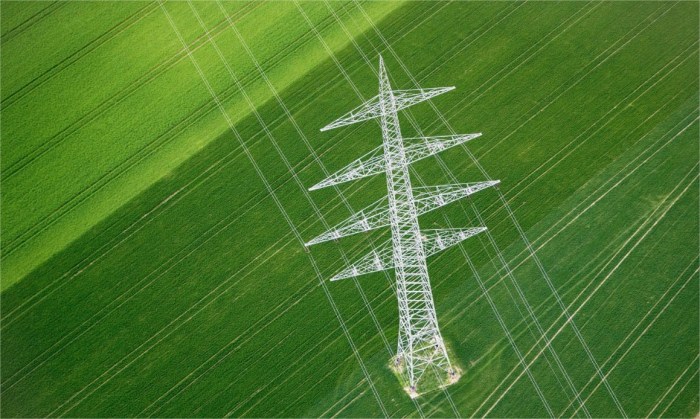
Related posts





